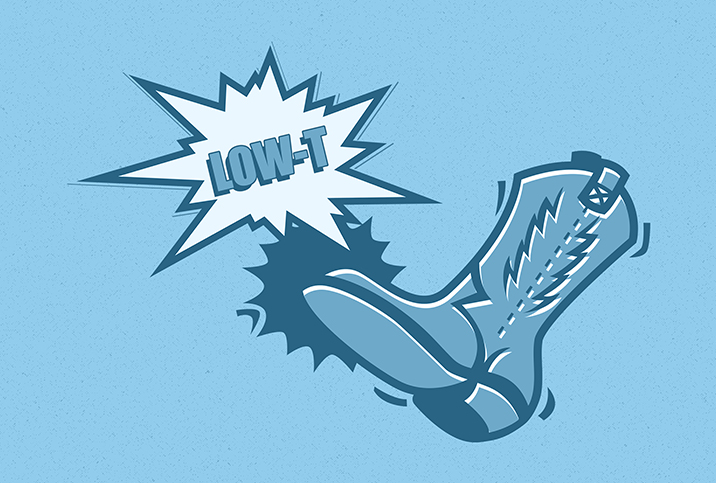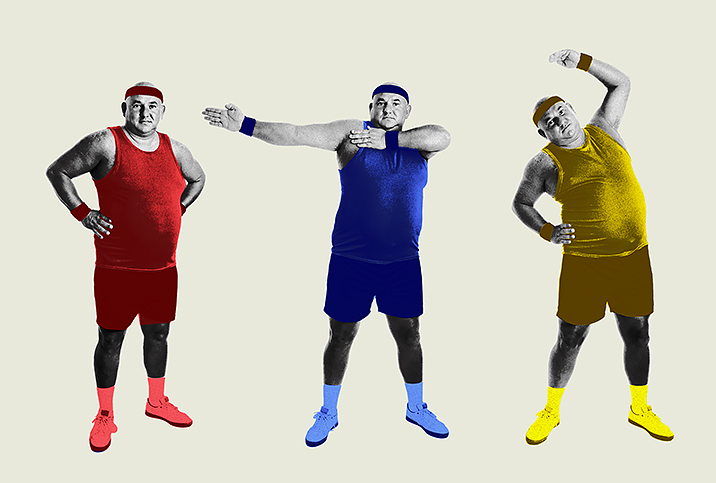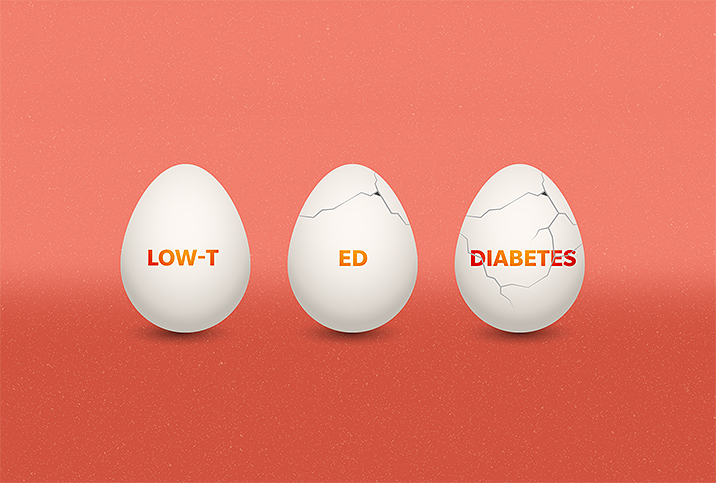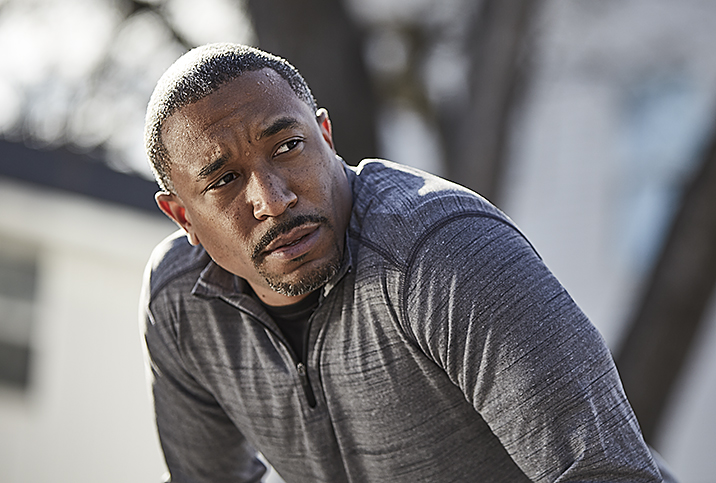Can HIIT Give Low-T the Boot?

A lot of men find different ways to boost themselves, physically and mentally, through a physical routine of some sort. That can be cardio or strength training, yoga, tai chi or any number of other fitness regimens.
Many guys trend more toward the extreme and opt for high-intensity interval training (HIIT), which involves multiple rounds of short bursts of exercise, alternating between high intensity and low intensity. The idea behind HIIT is that a person can get exercise at maximum effectiveness in a minimal amount of time. The HIIT approach can be adapted to different types of workouts and has potential within avenues such as general health or primary cardiovascular improvement.
Some men pursue HIIT because of a perceived benefit to their testosterone levels. While it is true that HIIT exercises are likely to cause an increase in testosterone, the benefits of this result may be misleading without further study.
"I know there is some data to suggest that HIIT workouts will or can increase testosterone, but to be honest with you, I'm not really sure if there's a direct cause and effect," said Matthew J. Mutter, M.D., a urologist and men's health clinician with LSU Healthcare Network in New Orleans. "I'm not really sure if there's a direct causal relationship to HIIT workouts and increasing testosterone."
He did note that men who practice HIIT typically enjoy general health advantages, such as lower cholesterol, no blood pressure issues and a healthy weight. Whether those factors are enough to create a causal relationship between HIIT and elevated overall testosterone levels in men is another matter.
The data and the experts have some takeaways for everyone to consider regarding HIIT, testosterone levels and sexual/general health issues.
Sustained levels are questionable
"I guess the question is, does [HIIT] cause a sustained increase in testosterone?" said Stanton Honig, M.D., a urologist and the director of men's health at Yale School of Medicine in New Haven, Connecticut.
With specialized expertise in reproductive issues and sexual problems and more than 20 years of experience in microsurgery for sexual medicine, Honig has a deep level of insight into the male anatomy and sexual health.
"To start, testosterone levels do go up immediately after doing HIIT," he said, though he acknowledged the medical community doesn't know why.
The short answer is that men tend to experience a brief rise in testosterone levels right after the exercises, but the effect isn't actually maintained from day to day.
"In other words, you may get that increase in testosterone right off the bat, maybe for the first 30 minutes, but then, say an hour to two hours later, whatever that surge is, it goes down and then it kind of goes back to baseline 24 hours later," Honig said.
Simply put, exercise is always good for you. It's never a bad idea to incorporate exercise into your daily routine for better overall health. Specific chronic problems, such as those related to sexual health or hormone production, aren't likely to be fixed by a bit of daily exercise, however, no matter how intense it may be.
If you're trying HIIT specifically to boost testosterone production, don't expect results to effectively last much longer than the workout itself, at least according to doctors such as Honig.
"It's not sustainable," he said. "In other words, it's not something where you say that if you keep doing HIIT, your testosterone levels are just going to be naturally elevated all the time."
Understanding hormones and overall health factors
Honig said fat cells tend to convert more testosterone to estrogen, meaning people who sustain daily exercise have a higher likelihood of normal to higher-than-normal testosterone levels.
He also mentioned that everything deserves a degree of moderation. There have been cases where strict adherence to intense and/or daily exercises has actually been connected to decreased testosterone levels (low-T or hypogonadism). This reinforces the fact that testosterone can be influenced by—and exert an influence over—many factors, and understanding the cause-and-effect of it all can be very complicated.
Nobody knows the true mechanism behind testosterone production, which can make it difficult to understand. It may be stress-related, Honig concluded. People who emphasize physical health may be prone to ignoring or even exacerbating mental or emotional issues, which have the capacity to affect hormone production. If you're taking your workouts too seriously, you may end up doing exactly the opposite of what you set out to do.
Testosterone can be complicated. If you want to take action to improve or maintain your sexual or hormonal health status, talking to your doctor or another licensed medical professional is usually the best starting point.


















